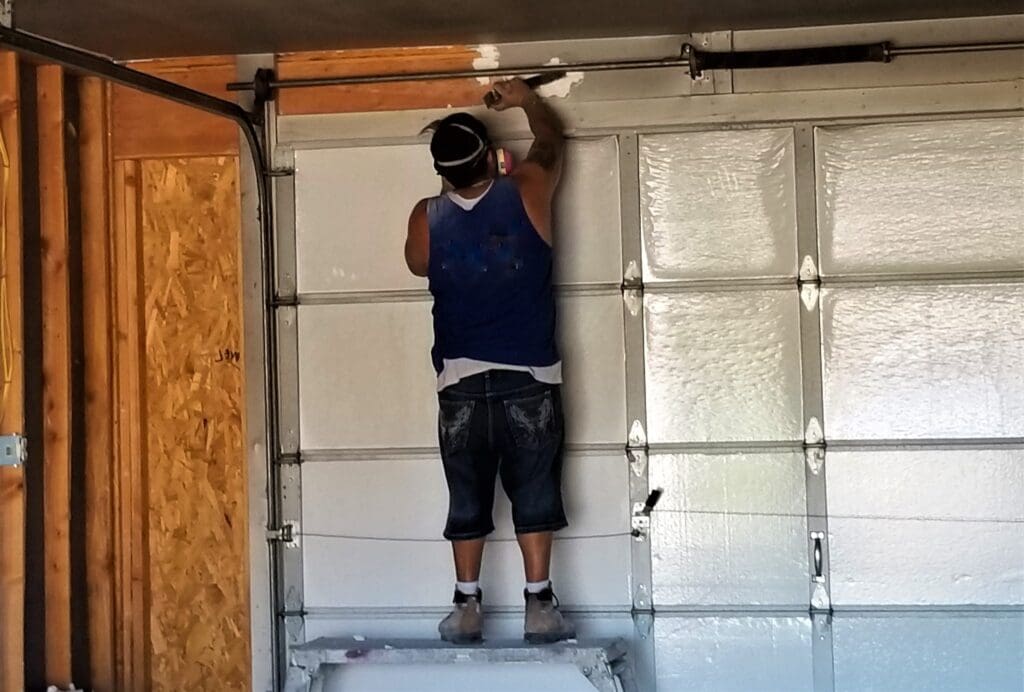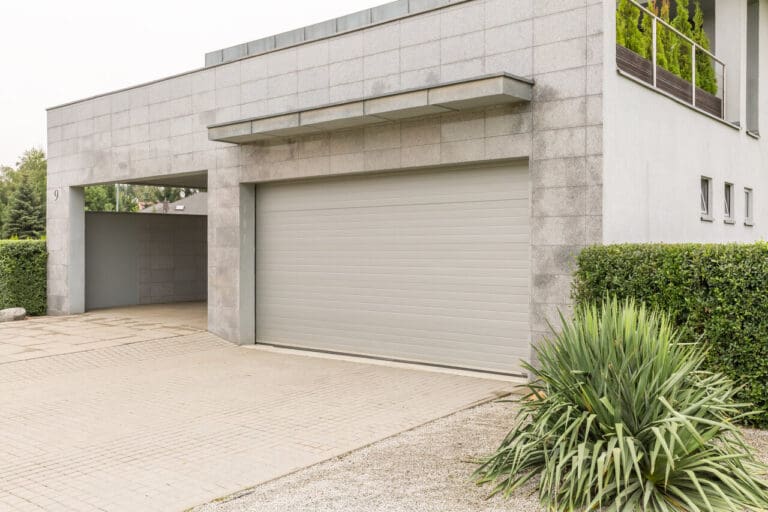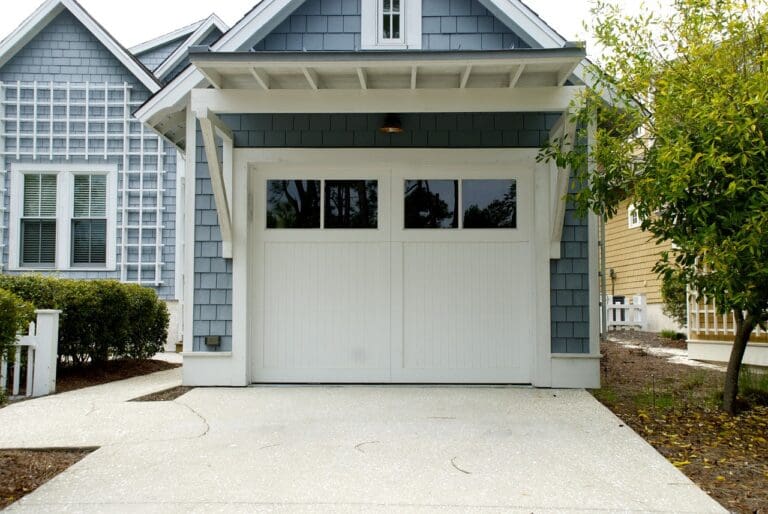Insulating your garage door plays a significant role in improving the overall energy efficiency, comfort, and noise reduction in your home. A properly insulated garage door can help regulate indoor temperatures by preventing heat transfer between your garage and the outdoors. This can lead to considerable energy savings, a more comfortable living space, and ultimately, a more eco-friendly and cost-effective home. In this blog post, we’ll discuss the key factors to consider when selecting the ideal garage door insulation for your home in Orlando, FL.
Different types of garage door insulation materials cater to varying thermal requirements, budgets, and installation complexities. By understanding each insulation type’s benefits and limitations, you’ll be better positioned to choose the best solution for your specific circumstances. Some popular insulation materials for garage doors include polystyrene, polyurethane, reflective foil, and fiberglass.
In addition to material selection, other factors that should be considered when insulating your garage door are the insulation’s R-value, environmental conditions, and the overall aesthetic appeal of the door.
Ultimately, the right garage door insulation can significantly enhance your home’s energy efficiency, comfort, and noise reduction, leading to a more enjoyable living environment for you and your family. By partnering with a professional garage door service team, like Garage Door Experts in Orlando, FL, you can ensure the correct installation of insulation materials for optimal performance and durability.
Understanding Different Garage Door Insulation Materials
When choosing the best insulation material for your garage door, it’s essential to familiarize yourself with the different types available. These materials vary in terms of installation complexity, energy efficiency, and cost.
- Polystyrene: Lightweight and water-resistant, polystyrene is a common insulation material that can be easily cut to fit between your garage door panels. However, it offers lower insulation effectiveness (R-value) compared to other materials.
- Polyurethane: Polyurethane is a high-density foam insulation that offers excellent thermal performance. This material is ideal for garage doors due to its impressive R-value, air-tight sealing, and structural reinforcement properties.
- Reflective Foil: Consisting of foil sheets laminated to a backing material, reflective foil insulation helps to minimize radiant heat flow. This option is typically more challenging to install and may not provide the same level of insulation as other materials.
- Fiberglass: Fiberglass insulation combines glass fibers with a polyester or acrylic binder. While it can provide good thermal performance, it requires a vapor barrier to protect against moisture, and installation can be more time-consuming.
Assessing Insulation R-Value
The R-value of insulation refers to its ability to resist heat flow. The higher the R-value, the better the material’s insulating properties. When selecting insulation for your garage door, it’s important to choose an option with a suitable R-value for your home’s specific needs and environmental conditions.
To determine the appropriate R-value for your garage door, consider factors such as local climate, the orientation of your home, and the level of insulation present in the rest of your home.
Considering Environmental Factors and Aesthetics
In addition to the type of insulation and R-value, it’s important to account for external factors that can impact the performance and appearance of your garage door. These factors include:
- Climate: Consider the climate in Orlando, FL when selecting your garage door insulation. Warmer climates may require a lower R-value insulation, while colder regions may benefit from a higher R-value material.
- Moisture Resistance: Certain insulation materials may be more resistant to water and moisture. Make sure you select a suitable material for your garage door, especially if you live in areas prone to high humidity or heavy rainfall.
- Aesthetic Appeal: The appearance of your garage door plays a significant role in your home’s overall curb appeal. When choosing insulation, ensure the material complements your door’s design and adds to your home’s exterior aesthetic.
Professional Installation for Optimal Performance
The proper installation of garage door insulation is essential to achieving the best results in terms of energy efficiency, temperature regulation, and noise reduction. Opt for professional garage door specialists with experience in insulation installation to ensure the material is fitted correctly and securely.
A skilled team can also provide valuable advice on material selection, R-value considerations, and the necessary maintenance for prolonged performance and durability of your insulated garage door.
Conclusion
Selecting the right garage door insulation is crucial for improving your home’s energy efficiency, comfort, and noise reduction. By understanding the different insulation materials, assessing their R-values, considering environmental factors, and opting for professional installation, you can make an informed decision that enhances your home’s performance and aesthetic appeal.
For expert guidance and services on garage door insulation in Orlando, FL, trust Garage Door Experts. Our skilled professionals can help you evaluate your options and select the ideal insulation material for your home’s specific needs. Contact us today to discuss your garage door insulation requirements and let us assist you in creating a more comfortable, energy-efficient, and secure living space.



